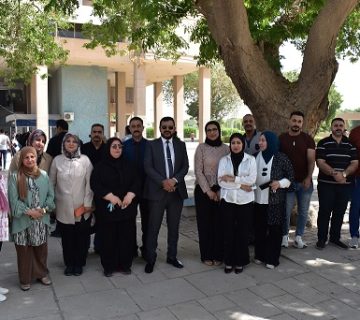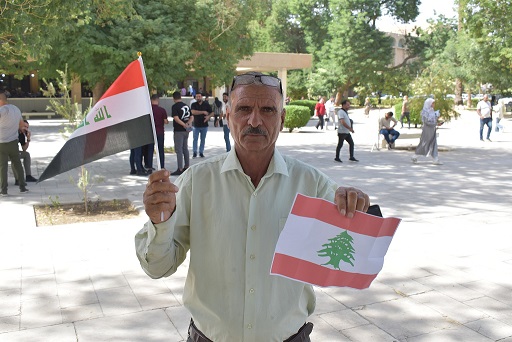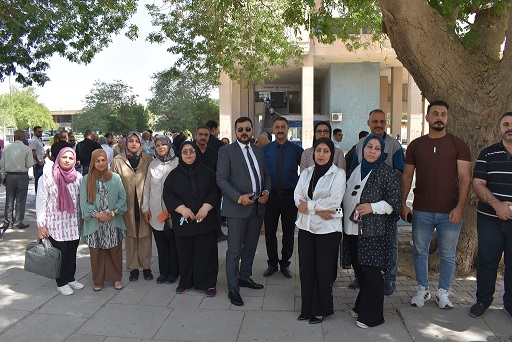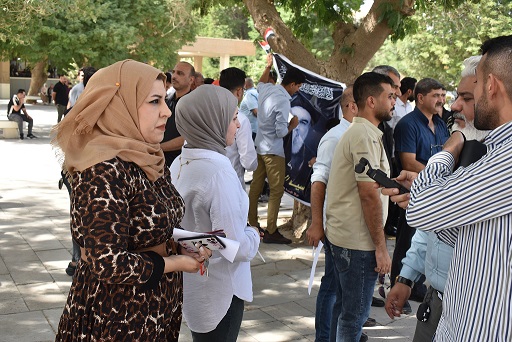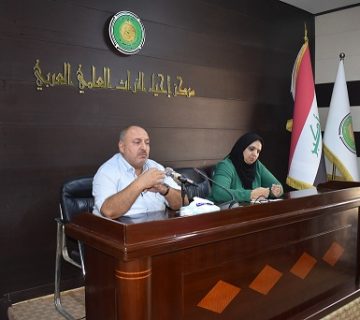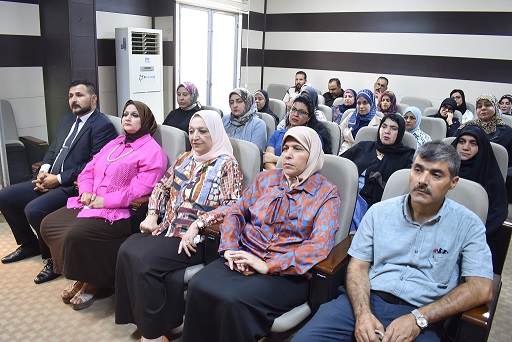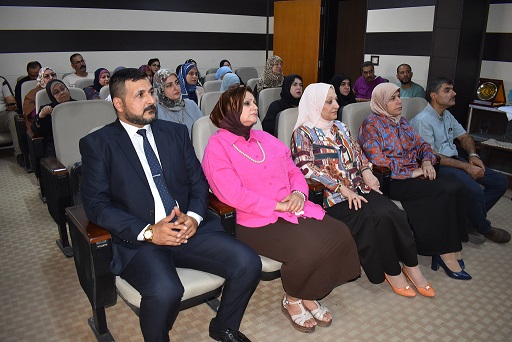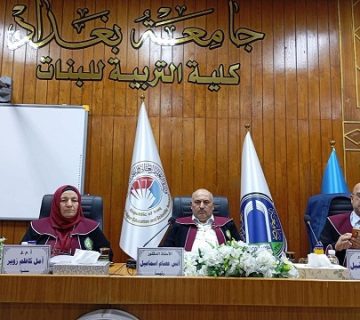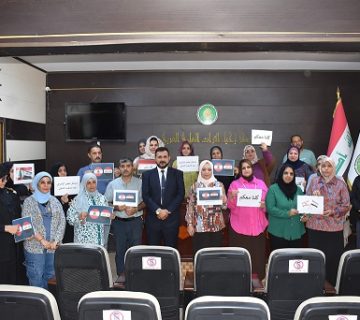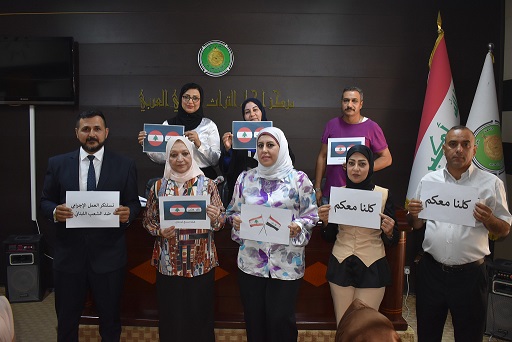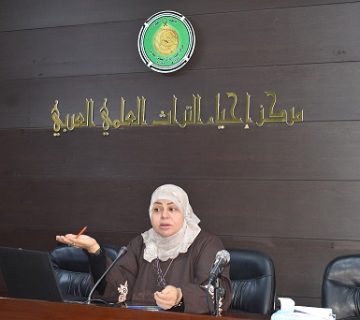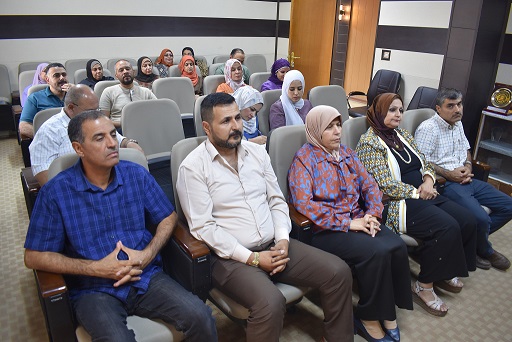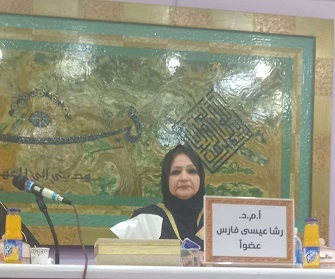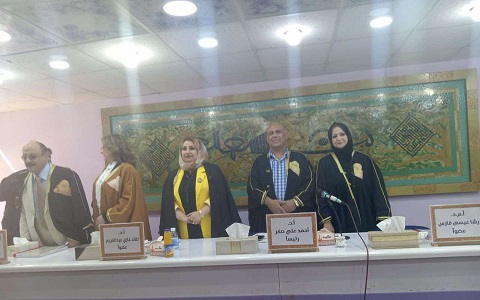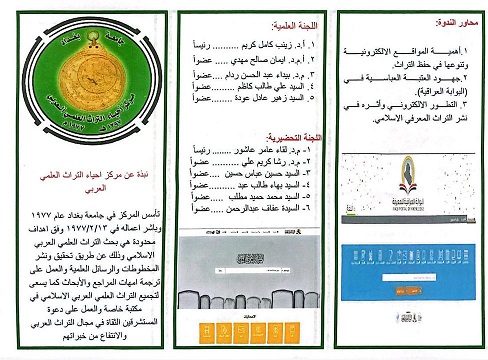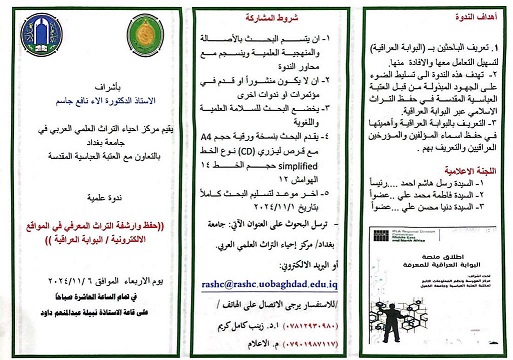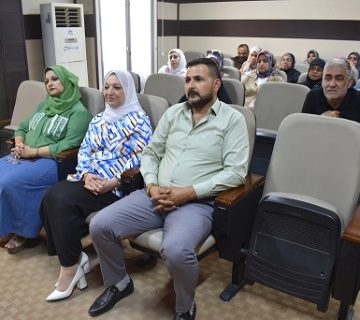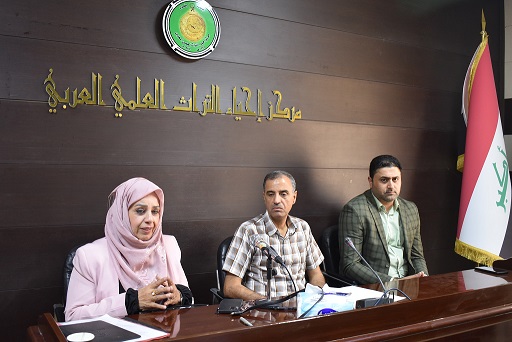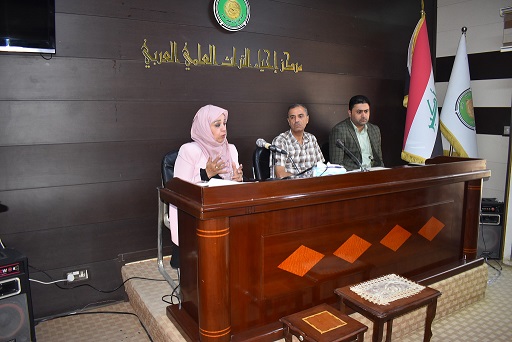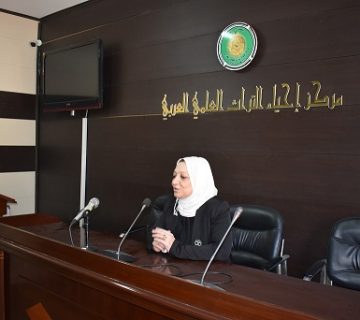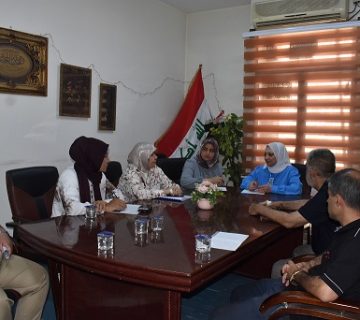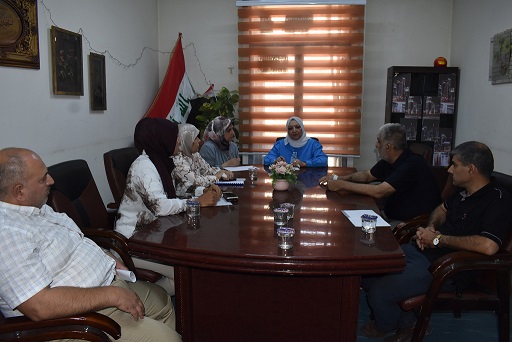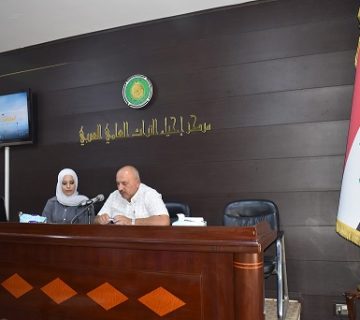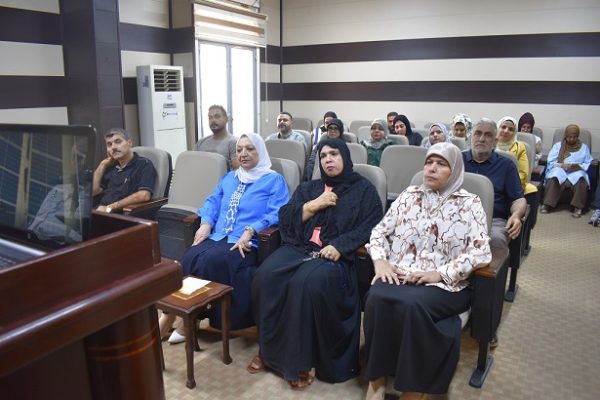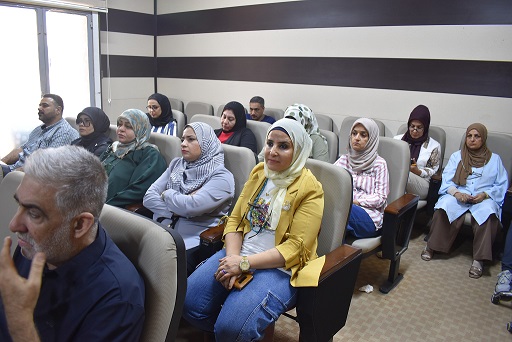Sponsored by prof. Dr. Alaa Nafea Jasim (the director of the center) , the center organized seminar entitled (renewable energy) where sited on the gallery of the center on Thursday 19th/9/2024 , with presence by many members , it presented by assist instructor (Walaa Dhiaa )one of the center’s members who talked about Renewable energy is energy derived from natural resources that are inexhaustible and are constantly renewed, such as wind, water and the sun, which are available in most countries of the world. It can also be produced from the movement of waves and tides or from geothermal energy and other innovations. It is fundamentally different from fossil fuels such as oil, coal and natural gas. Renewable energy usually does not produce fossil fuel waste that is harmful to the environment, such as those that lead to increased global warming, such as carbon dioxide (CO2), with the exception of the use of biofuels to generate energy from plant materials. Although its waste increases global warming, it can be sustainable, and the European Union and the United Nations consider it renewable energy. Renewable energy also does not include the use of nuclear fuel, avoiding the harmful atomic waste resulting from nuclear reactors. In conclusion, the Director of the Center thanked the researcher, wishing her success and prosperity, and urged researchers to strive to work with renewable energy, as it reduces risks and pollution, and to provide more activities and cooperation with the ministries concerned with the environment, in the service of our university and our beloved Iraq
